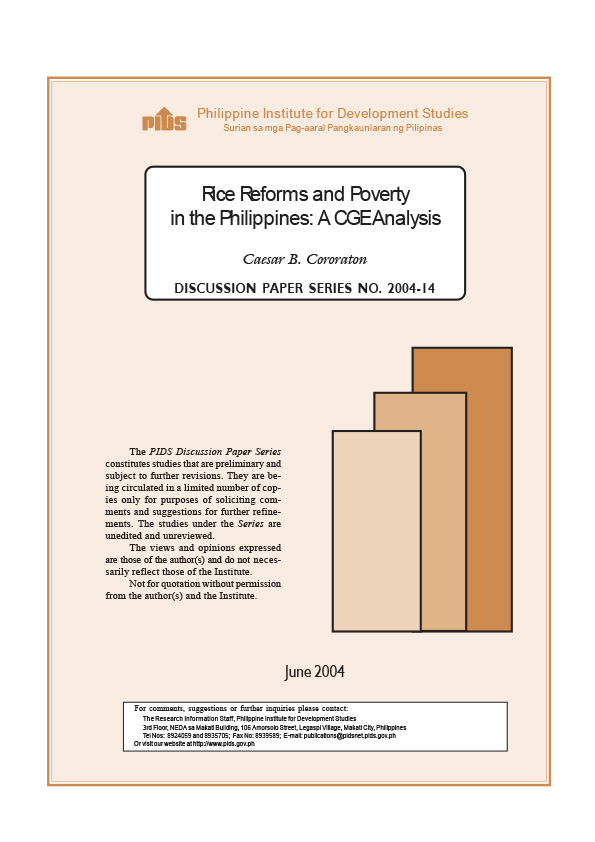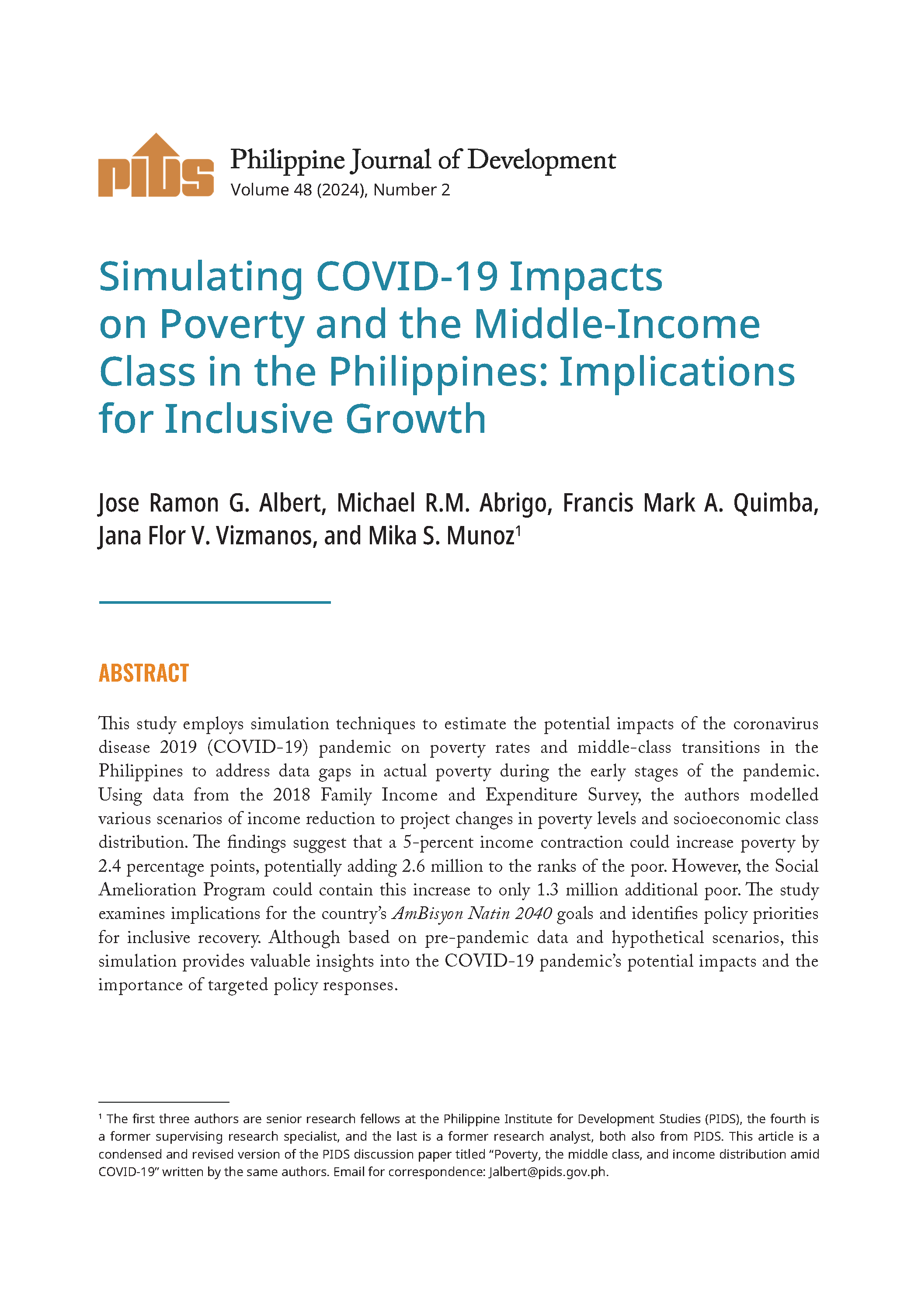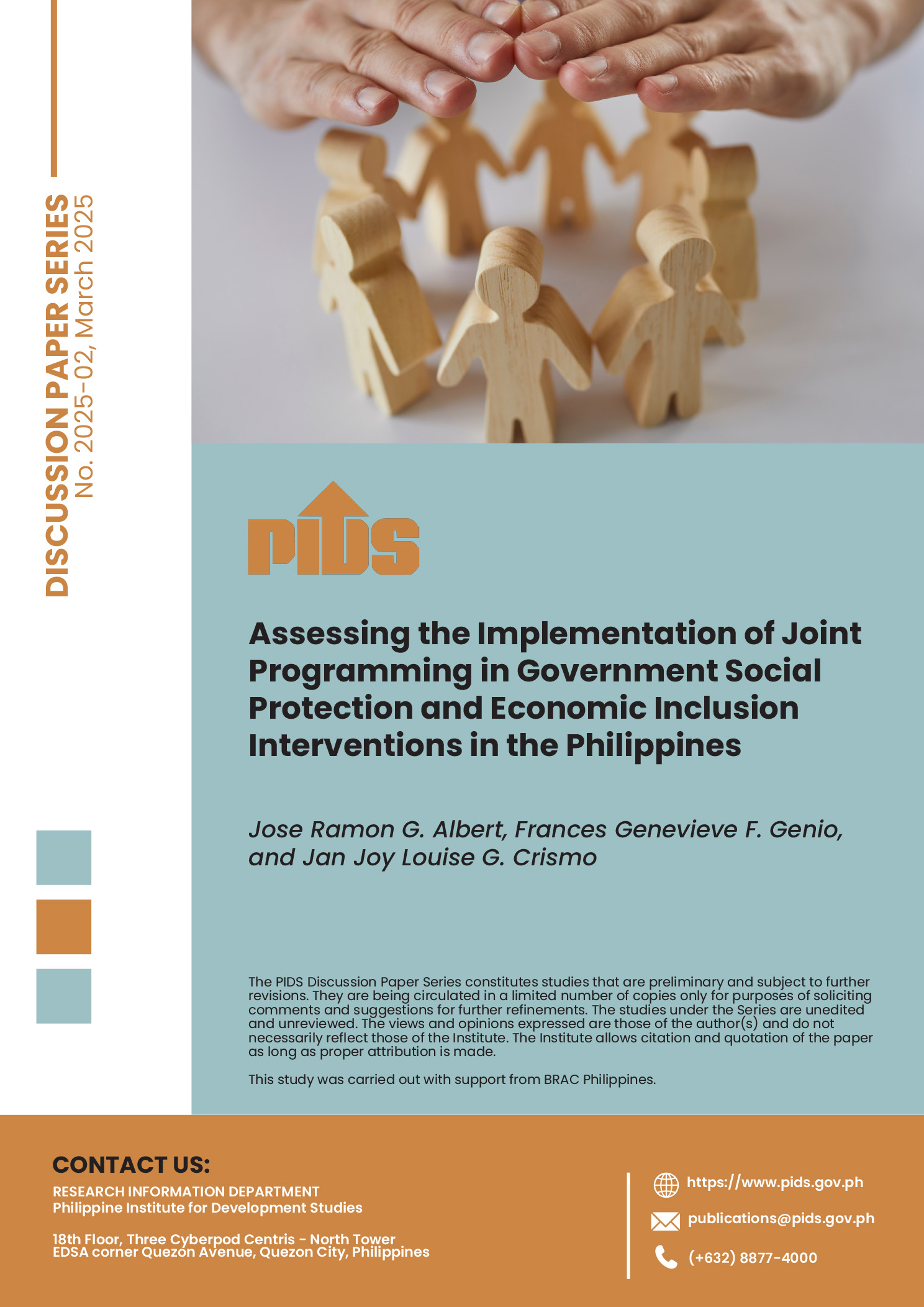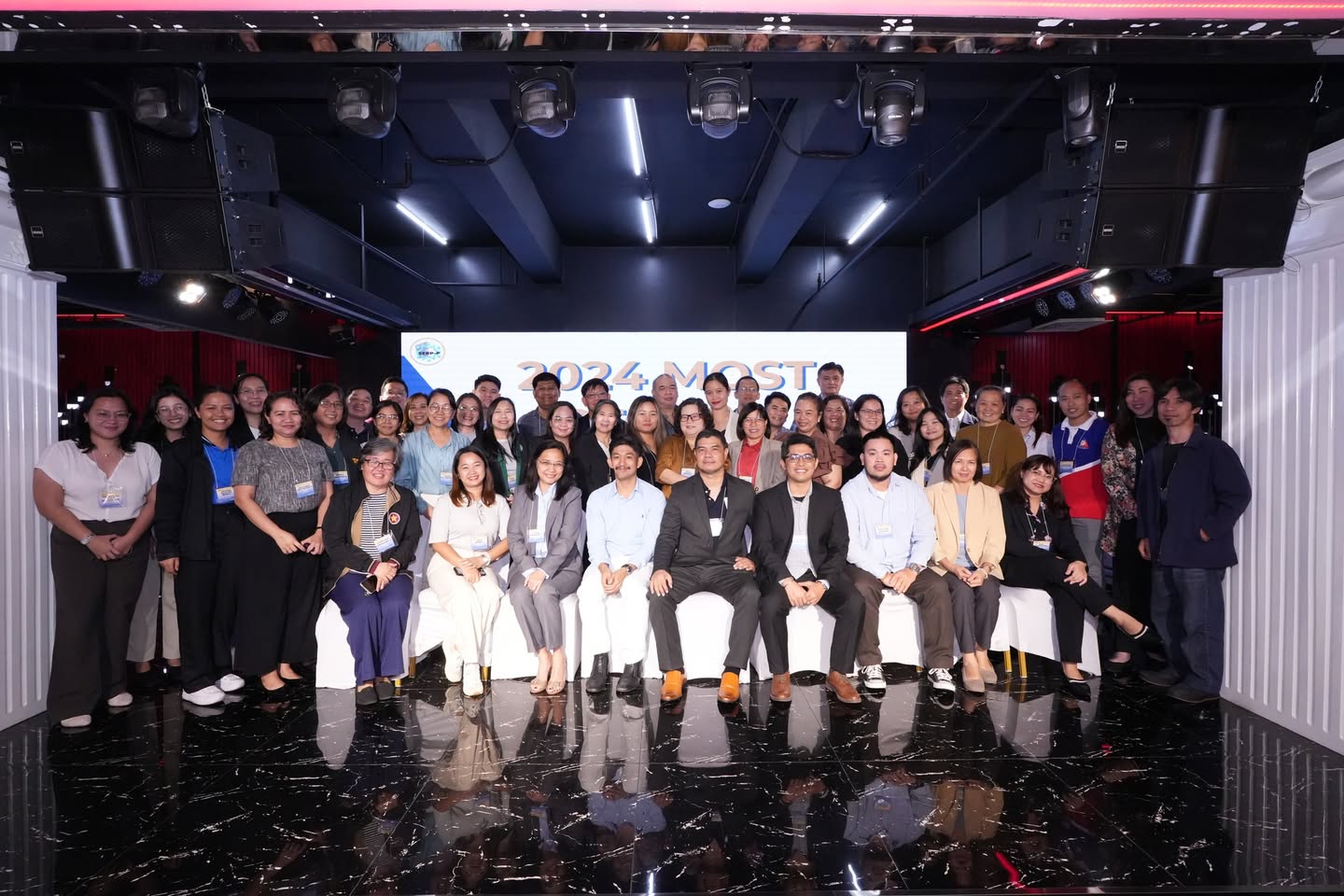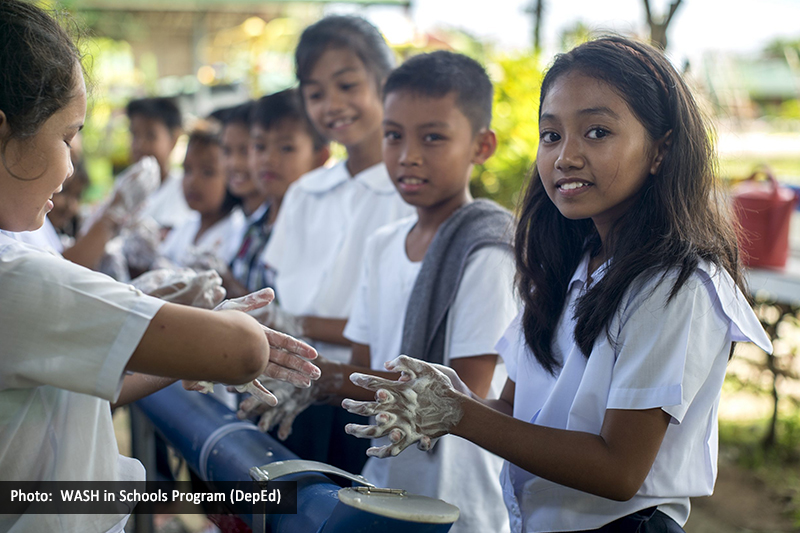The quantitative restriction (QR) on rice will last until the end of 2004. The paper employs a computable general equilibrium (CGE) model to analyze the possible poverty and distributional effects of the removal of QR and the reduction in tariff on rice imports. Policy experiments indicate that while market reforms in rice lead to a reduction in the overall headcount poverty index, both the poverty gap and the squared poverty gap indices increase. The Gini coefficient increases as well. In general, these results imply that the poorest of the poor are adversely affected. In particular, while market reforms in rice bring about a reduction in consumer prices that is favorable to all, imports of rice surge and generate displacement effects on poor households that rely heavily on agriculture for factor incomes, particularly on palay rice production and other related activities. Palay production and its output price decline. This translates to lower demand for factor inputs in the sector, lower factor prices in agriculture, and lower factor incomes for these households. Thus, poverty in these groups, as well as the general income inequality, deteriorates. However, the results of the experiments involving various poverty-offsetting measures indicate that an increase in direct government transfers to these household groups can provide a better safety net.
Citations
This publication has been cited 5 times
- Barrios, Erniel B. and Alellie B. Sobrevinas. 2012. Impact of the rice trade policy reforms on household welfare in the Philippines. Philippine Journal of Development PJD, 37, No. 1b. Philippine Institute for Development Studies.
- Bouët, Antoine. 2006. What can the poor expect from trade liberalization?: Opening the black box of trade modeling. MTID discussion papers 93. International Food Policy Research Institute (IFPRI).
- Conforti, Piero and Ugo Pica-Ciamarra. 2007. Scaling-up community-driven development. Evidence from the Philippines. Applied Economics Letters, 14, no. 9, 631-636 . Taylor & Francis Journals.
- Lasco, Christine D., Robert J. Myers, and Richard H. Bernsten. 2008. Dynamics of rice prices and agricultural wages in the Philippines. Agricultural Economics, 38, no. 3, 339-348. International Association of Agricultural Economists.
- Yap, Josef T.. 2014. ASEAN Community 2015: Managing integration for better jobs and shared prosperity in the Philippines. ILO Working Papers 994869993402676. International Labour Organization.

